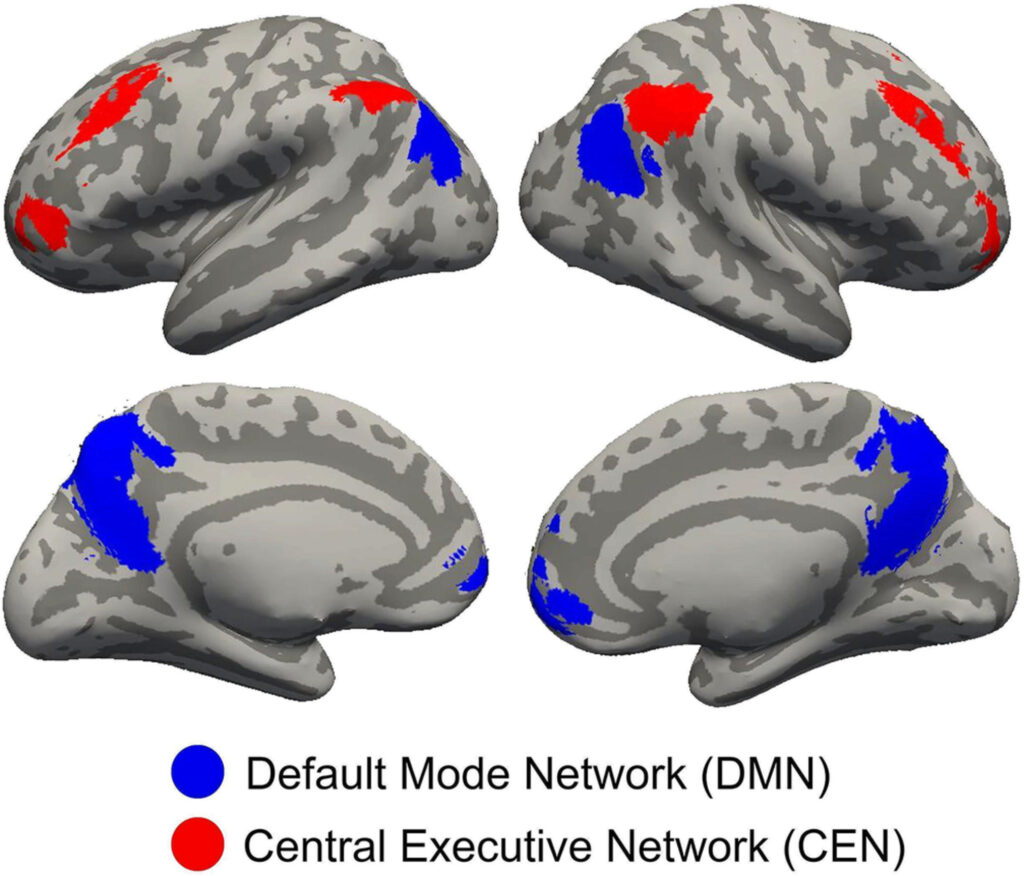Monday, 28 February 2022
Mindfulness meditation at school improves sustained attention and cognitive control

Many young people have trouble in focussing on tasks to complete them successfully. Scientists have shown that the mere presence of your cell phone within easy reach can affect your cognitive abilities, which may be part of the reason for attention problems among today’s youth. But the human brain, and especially the young human brain, is highly plastic. And a study published in the journal Human Brain Mapping in September 2020 seems to have proved it once again, by showing that 8 weeks of training in mindfulness meditation improves sustained attention and cognitive control among Grade 6 students.
The study, conducted by Clemens C. C. Bauer, started from the observation that two major networks in the brain might be involved in this phenomenon. The first is the central executive network (CEN), also known as the frontoparietal network), whose activity increases when you perform a task that demands sustained attention. The second is the default mode network (DMN), whose activity increases when you daydream or let your thoughts wander. Hence Bauer and his co-authors hypothesized that a marked negative correlation between these two networks might be conducive to sustained attention.
To test this hypothesis, the researchers took 31 Grade 6 students (average age age 11.76 years) and assigned them randomly either to a group that took 8 weeks of training in mindfulness meditation or to a group that took 8 weeks of training in computer programming (the latter constituted the control group). Before and after their training, all of the students performed a task designed to test their sustained-attention performance and underwent brain scans to observe the activation levels in the two brain networks mentioned above.
The results showed that after 8 weeks, the students who had received the mindfulness training performed better on the sustained-attention task than the control group did, whereas before the training, there had been no differences between these groups.
At the end of the 8 weeks of training, the researchers also compared each student’s results on the attention task with the results of their brain scans. The students who had performed better on the sustained-attention task also showed a stronger negative correlation between their CEN and DMN activity. Also, confirming the initial hypothesis, this negative correlation was greater overall in the in the meditation group than in the control group.
Interestingly, earlier studies had shown that in younger children, the correlation between CEN and DMN activity was actually positive. This suggests that as the relationship between these two brain networks gradually matures, it tends toward the increasingly negative correlation associated with better cognitive control.
These findings are of interest for another reason: improved cognitive control reduces risky behaviours in adolescents, along with mental disorders, mortality and crime, while also being associated with academic and professional success.
The Emergence of Consciousness | Comments Closed







